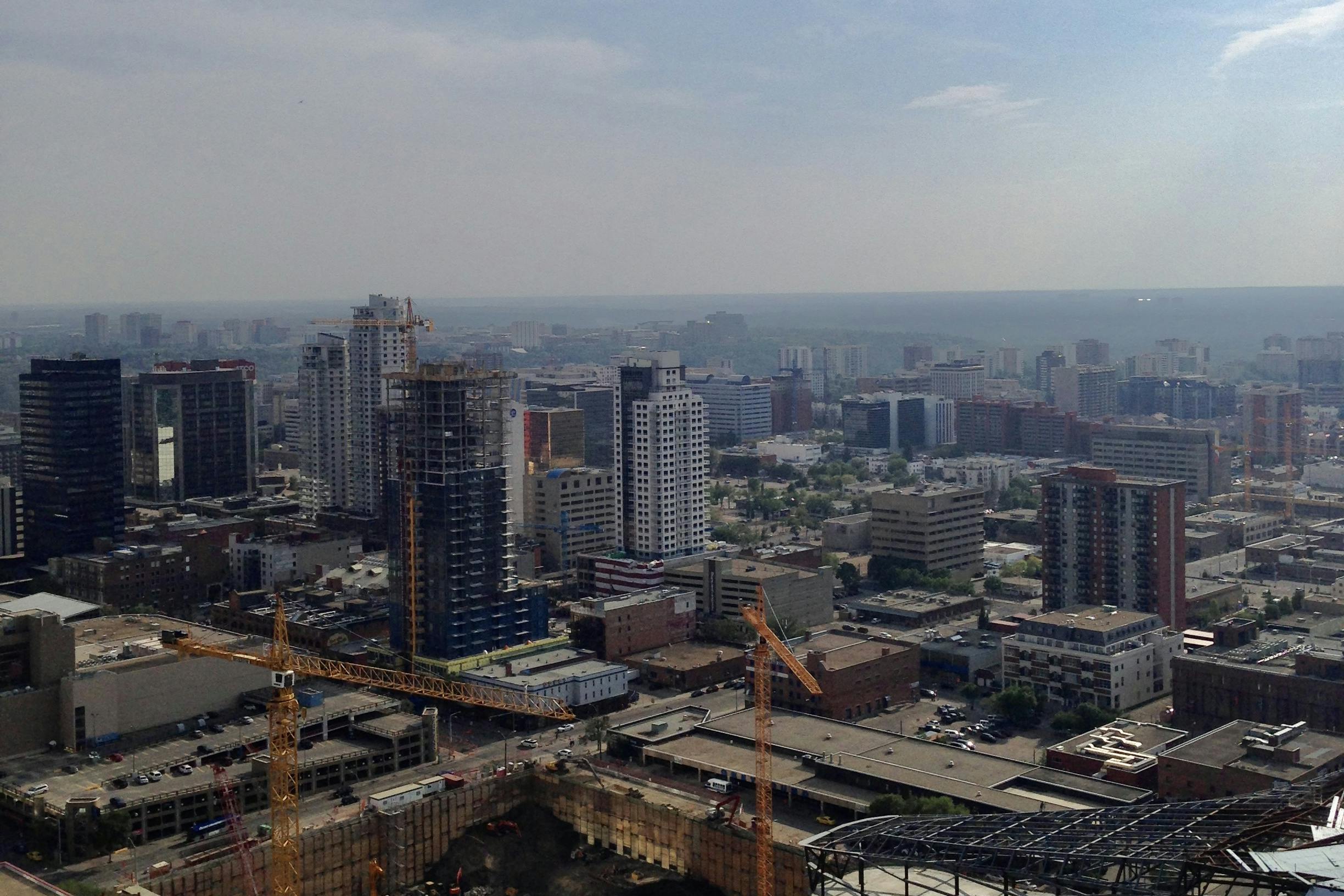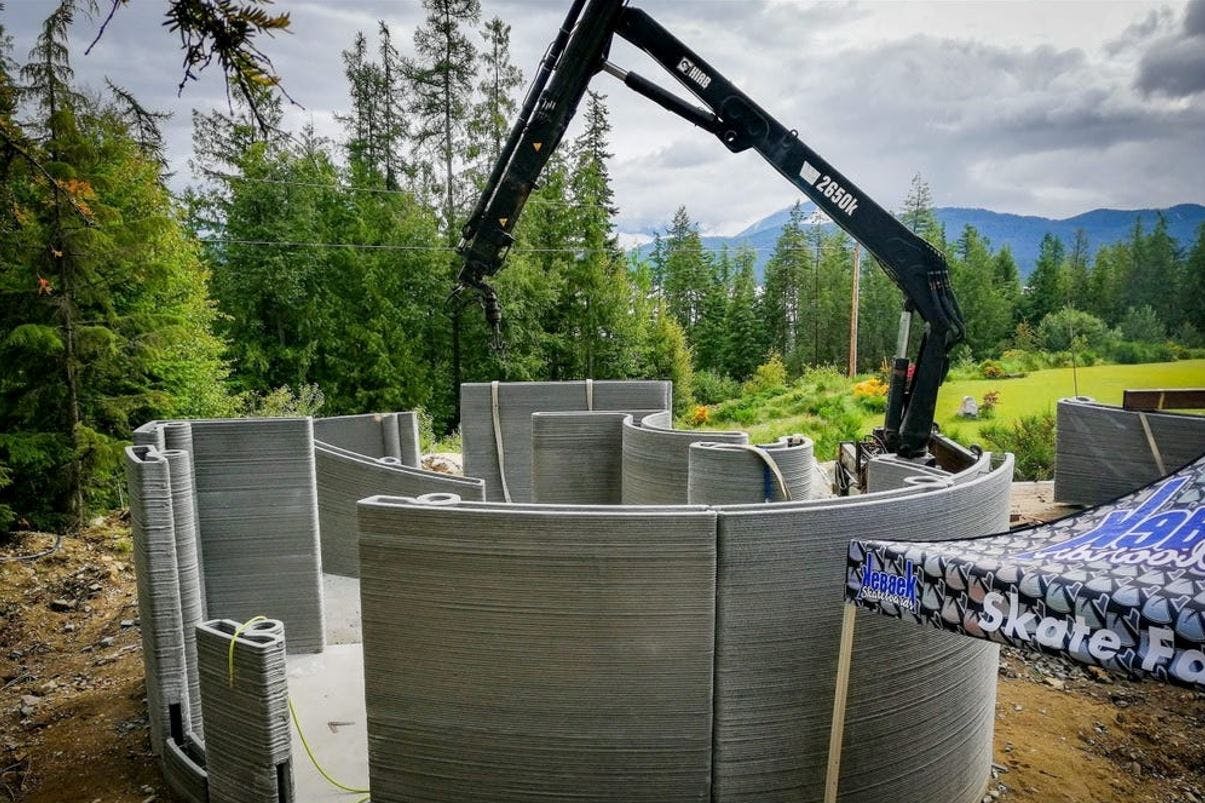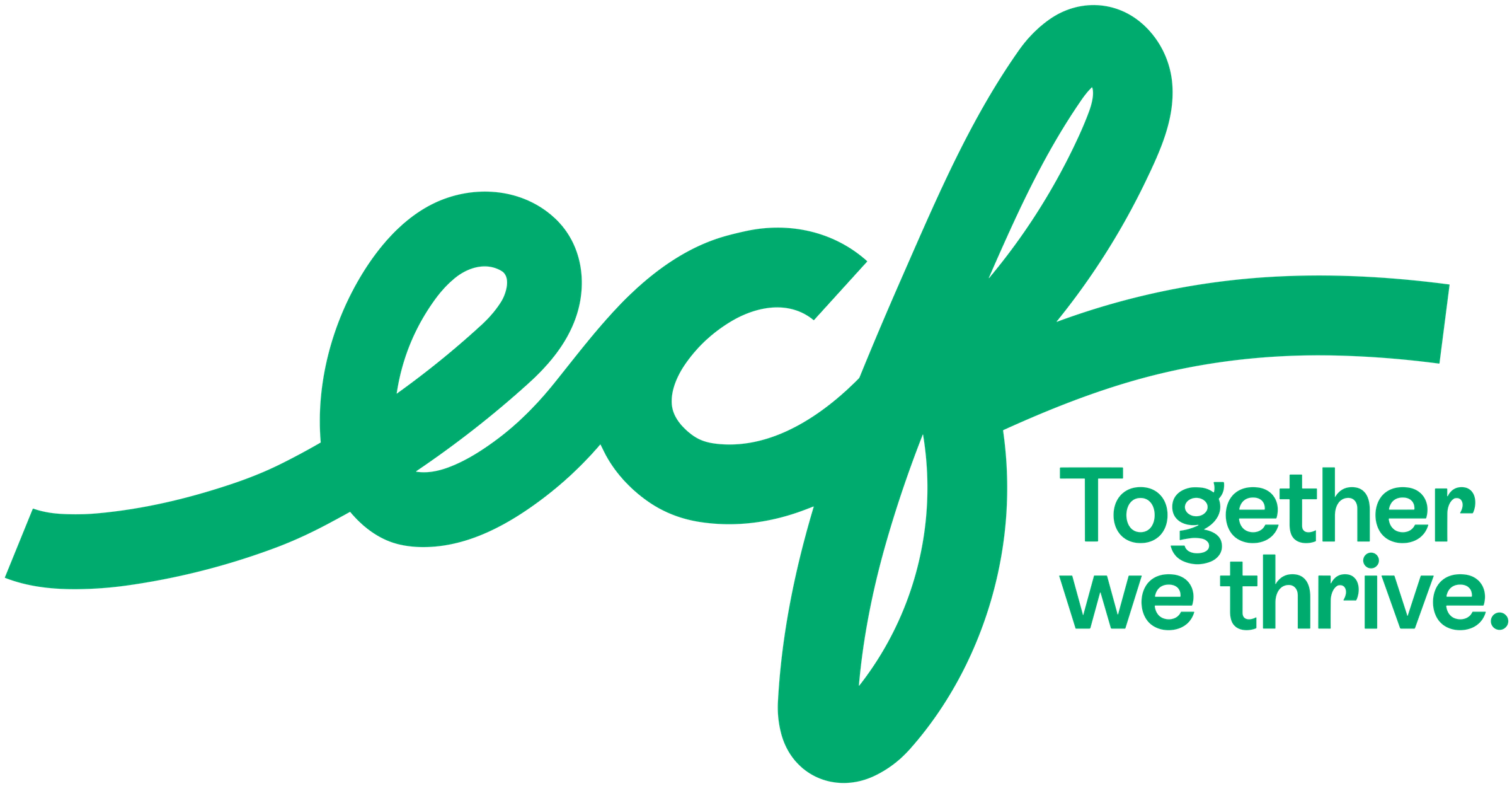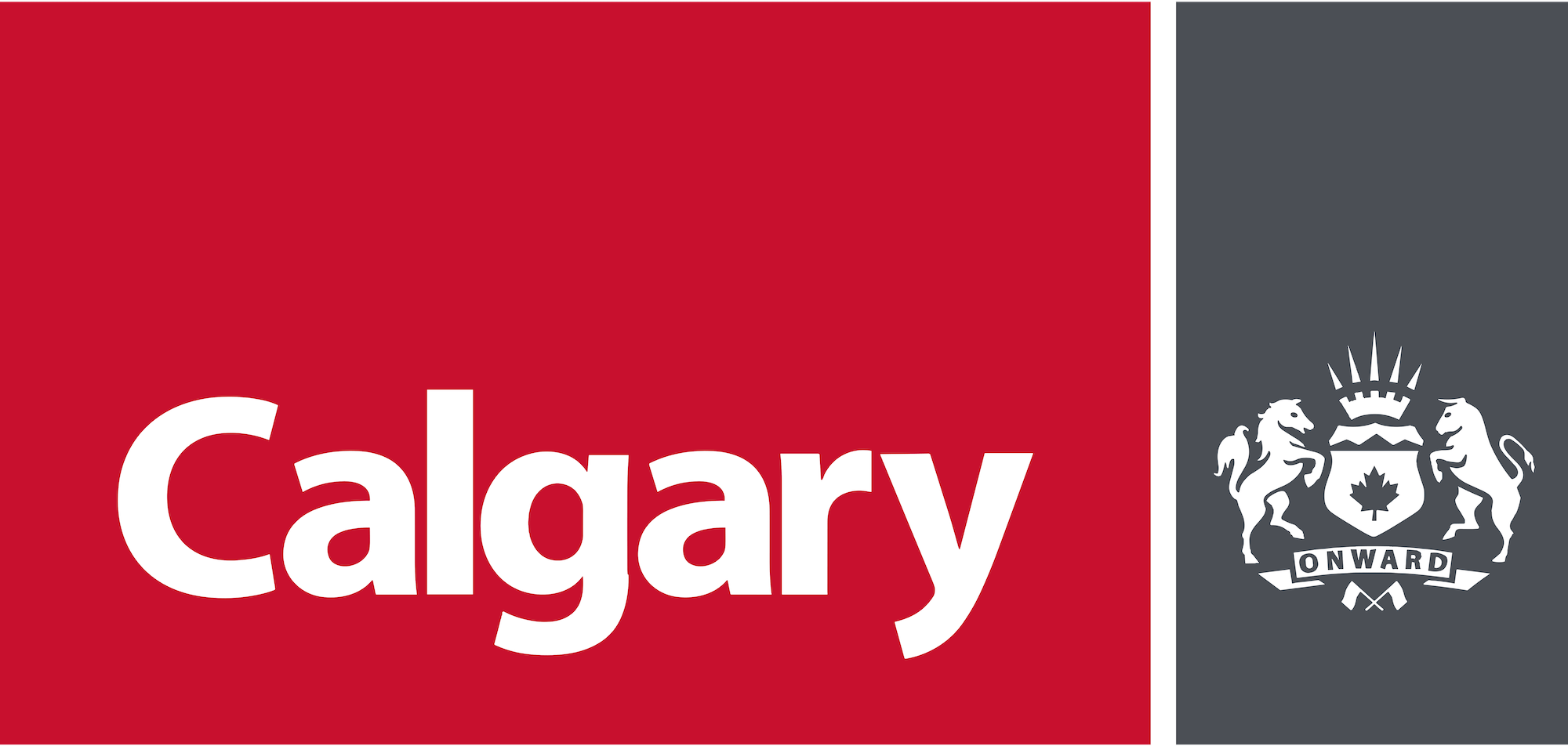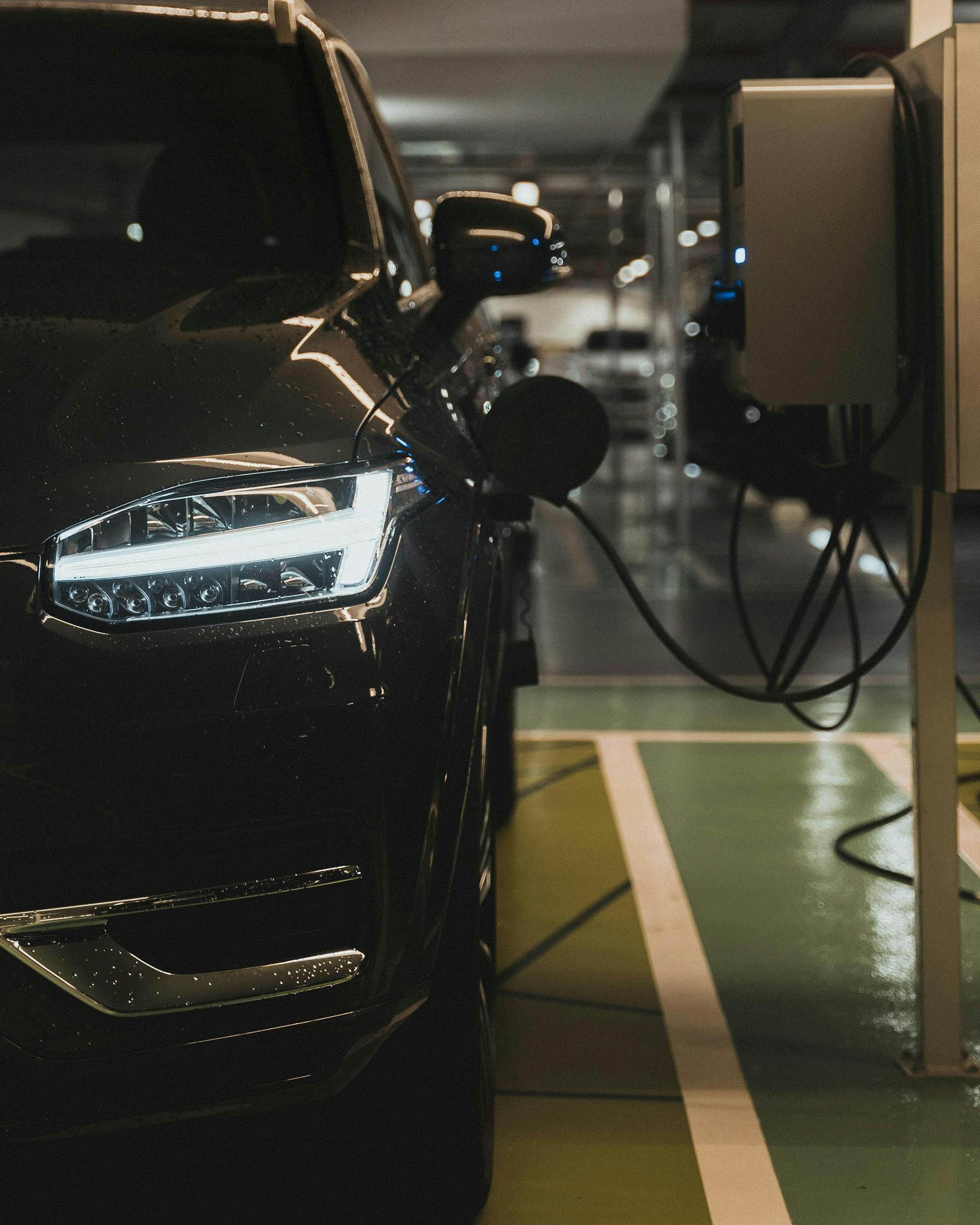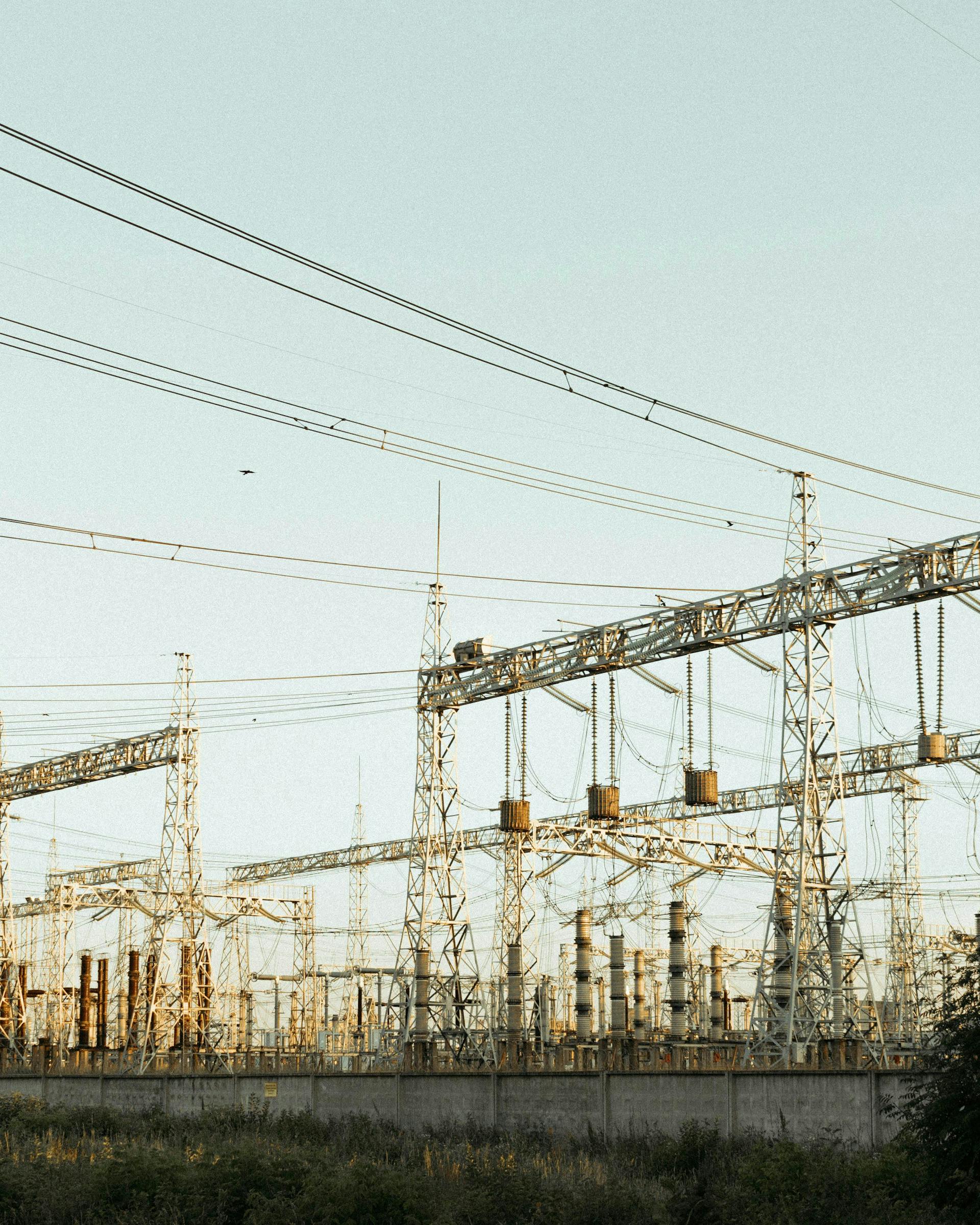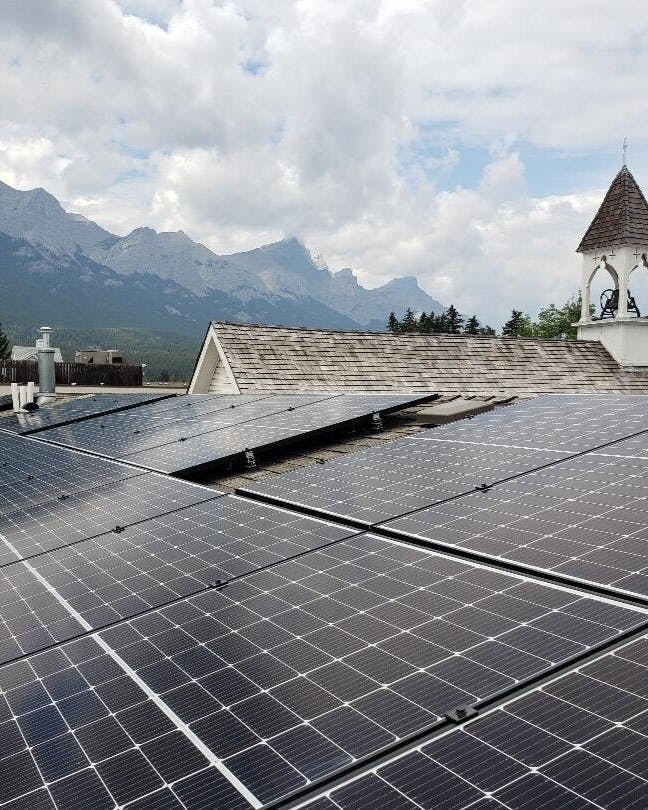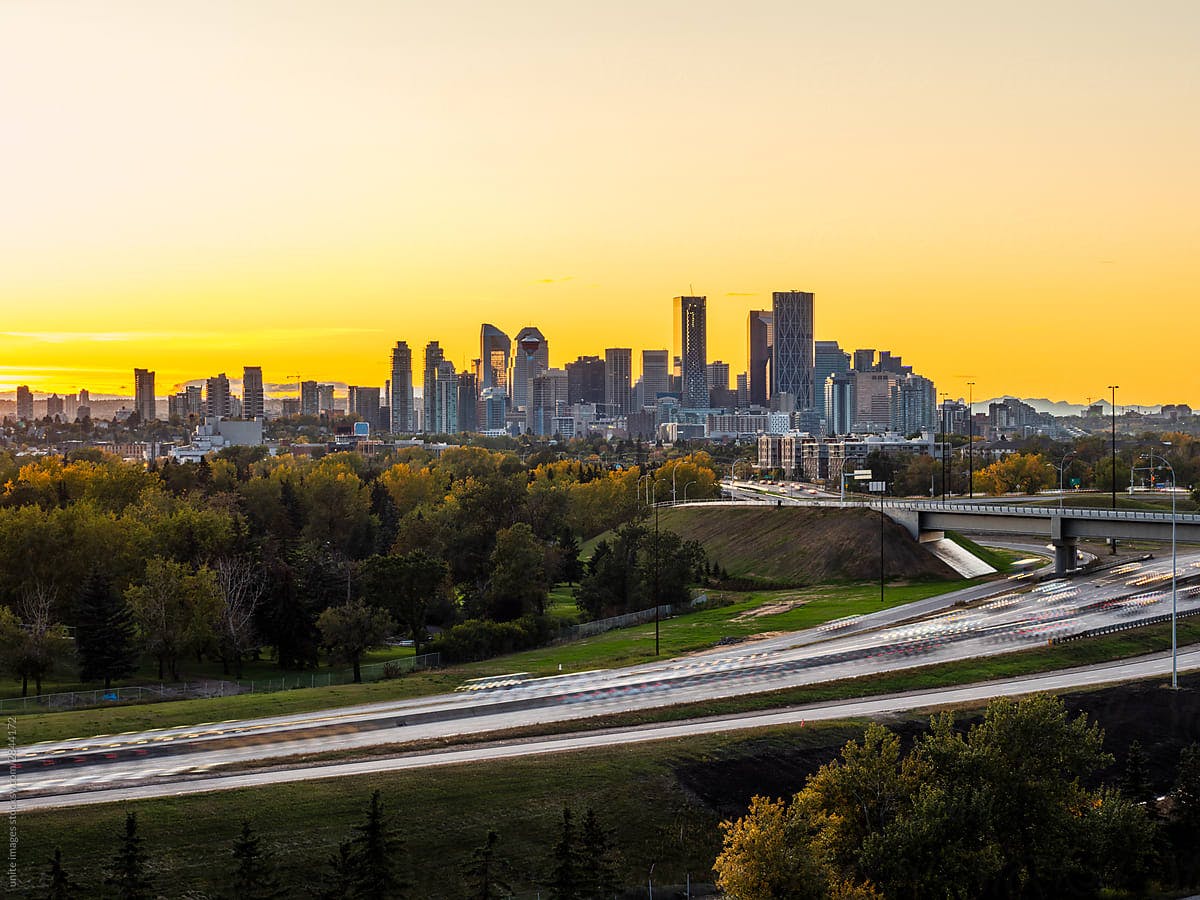
Climate Innovation Grant
The application portal for the Climate Innovation Grant is now open.
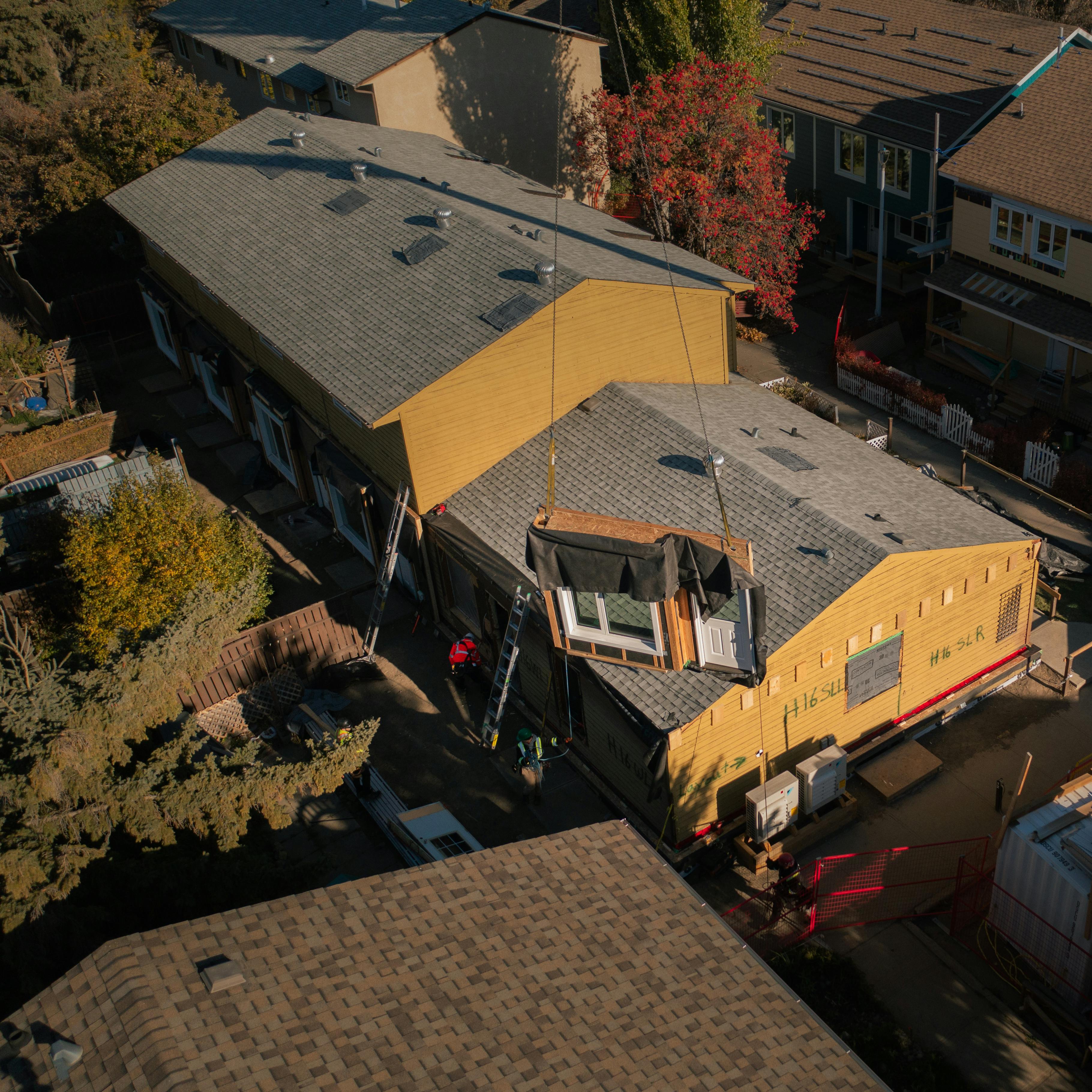
We want to support groundbreaking, innovative and low-emissions projects.
We offer funding through the Climate Innovation Grant to various organizations in Edmonton and Calgary for low-carbon solutions. With this grant, you can take your emission-reducing project from idea to reality.
From technology demonstration to collective impact and policy advancement, we support various projects that inspire innovation and create tangible community benefits. We want to support and strengthen those working on groundbreaking solutions to the climate emergency.
Contact our Program Specialists before submitting your Expression of Interest (EOI) to discuss project fit. Book a 30-minute call with Stefanie or Adil.

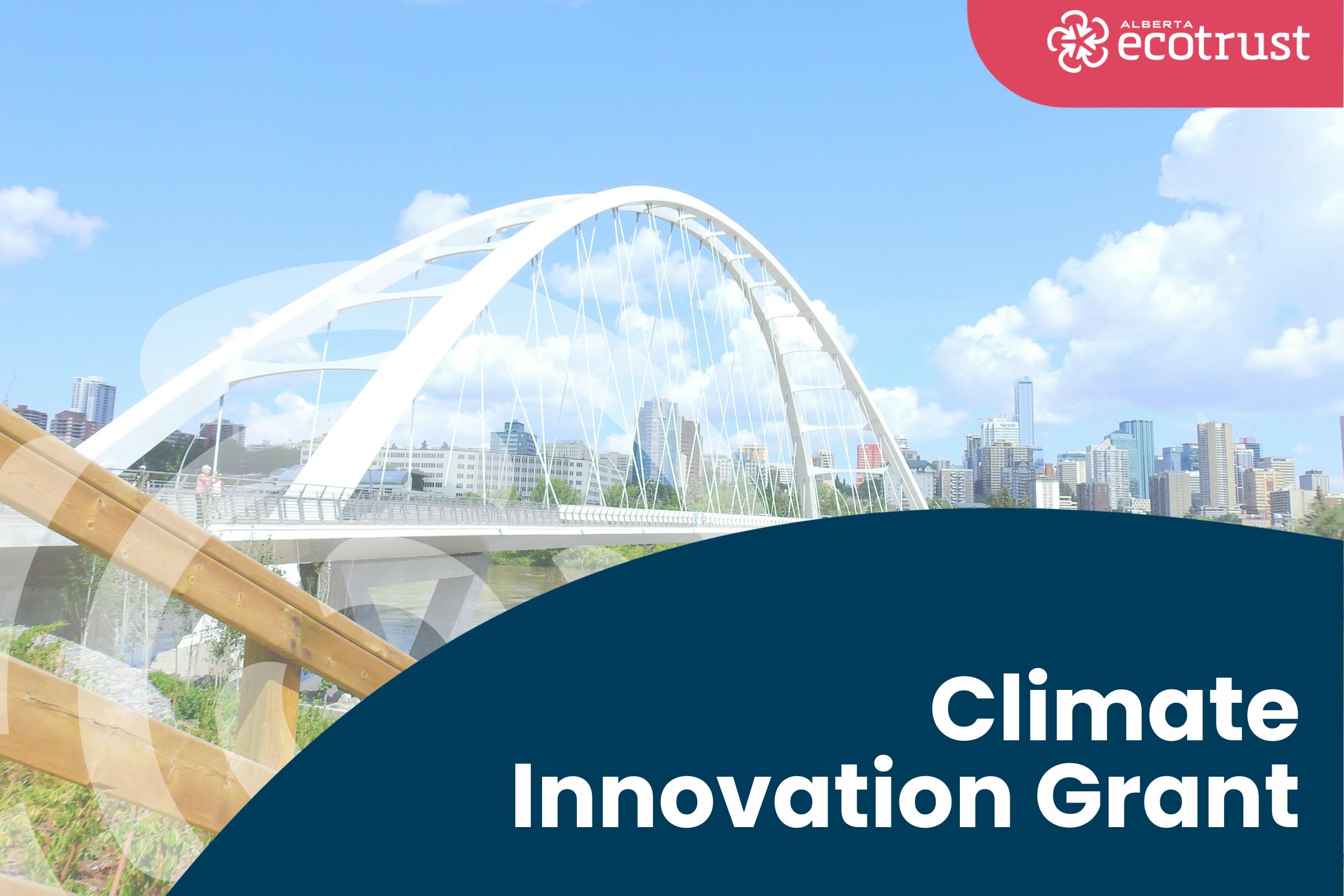

Are you eligible?
Projects are eligible for funding if they fit into these organizations and align with a Challenge Statement in one of our four Focus Areas.
The following organizations are eligible to apply for the Climate Innovation Grant Program:
Nonprofit and Qualified Canadian Donees (charitable) organizations can apply for projects based in Calgary or Edmonton.
The Cities of Edmonton and Calgary.
PLEASE NOTE: One-off solar energy projects and technology installations are ineligible without a clearly defined scale-up strategy.
For more information on applicant and initiative eligibility, please see the Frequently Asked Questions section.
Organizations can submit multiple projects at the Expression of Interest stage, but only one full application will be accepted per City and grant round.
Get up to $100,000
We support a diverse range of activities in both Calgary and Edmonton. You can request up to $100,000 in funding.
- 1
Calgary
$500,000 is available for projects that benefit Calgary.
- 2
Edmonton
$500,000 is available for projects that benefit Edmonton.
Focus Area Challenge Statements

Climate Innovation Grant timeline
- 1
January 12 - February 20, 2026: Expression of Interest stage
It is strongly encouraged that applicants meet with AEF staff to discuss their project prior to submitting an Expression of Interest. During this time, staff will:
Endeavour to understand the organization and project objectives and work directly with applicants to ensure the project fits within the Climate Innovation funding priorities.
Strive to connect projects with additional resources and partners if applicable.
Build relationships with applicants and work to improve the quality of applications.
- 2
February 23 - 27, 2026: Expression of Interest Screening
AEF Staff will perform an EOI screening utilizing the evaluative criteria detailed in the Application Scorecard. A short list of applicants will be invited to submit full proposals. Direct feedback will be offered to unsuccessful applicants upon request.
- 3
March 16 - 27, 2026: Expression of Interest feedback
AEF Staff will provide feedback to applicants submitting a Full Application.
- 4
March 30 - April 24, 2026: Full application
AEF Staff work closely with applicants to assist in technical and financial due diligence, as required.
- 5
April - June, 2026: Decision-making
Grant Review Committee makes funding decisions.
- 6
July 2026: Award
Successful applicants are notified, and Contribution Agreements must be signed within three months of notification.
- 7
August - September, 2026: Feedback
All unsuccessful applicants can request feedback regarding the decision and their initiative from Alberta Ecotrust staff.
Resources for Applicants
Book a call with Adil for Calgary-based projects
Book a call with Stefanie for Edmonton-based projects
2026 Program Guidelines
Expression of Interest questions
Application Scorecard
Helpful Videos (focus areas/challenge statements/application process)
What our grantees are saying
Frequently Asked Questions
Projects we've funded
Policy Tools for Low-Energy and Emission Buildings
Community Energy Association is exploring regulatory and incentive structures the City of Edmonton can use to reduce emissions in new construction.
Learn more3D Printed Homes to Reduce GHG Emissions
Green Violin’s is aiming to use low carbon in their 3D Concrete Printed House technology to bring affordable and efficient homes to Edmonton.
Learn more
Related projects
Explore a showcase of projects that we've funded.
